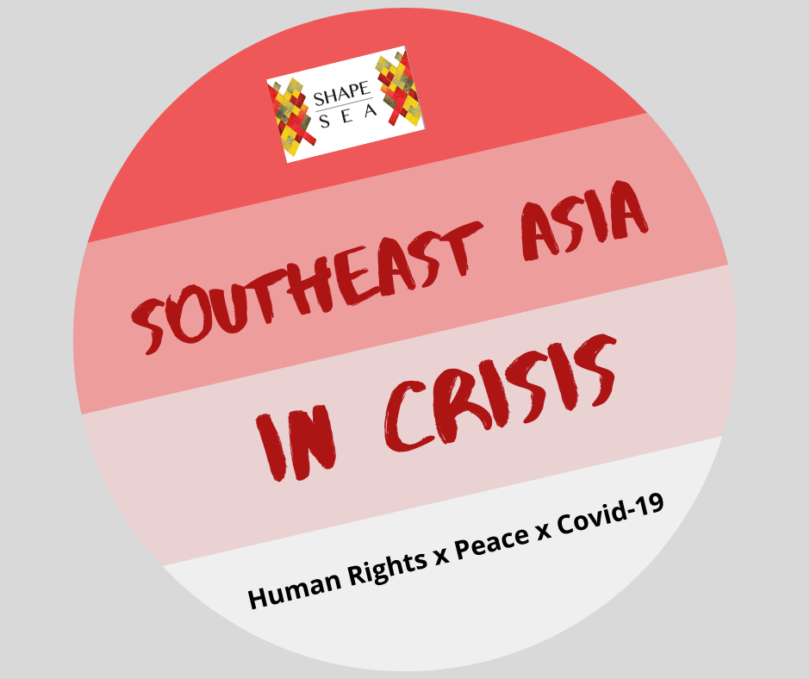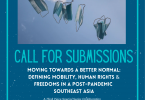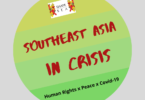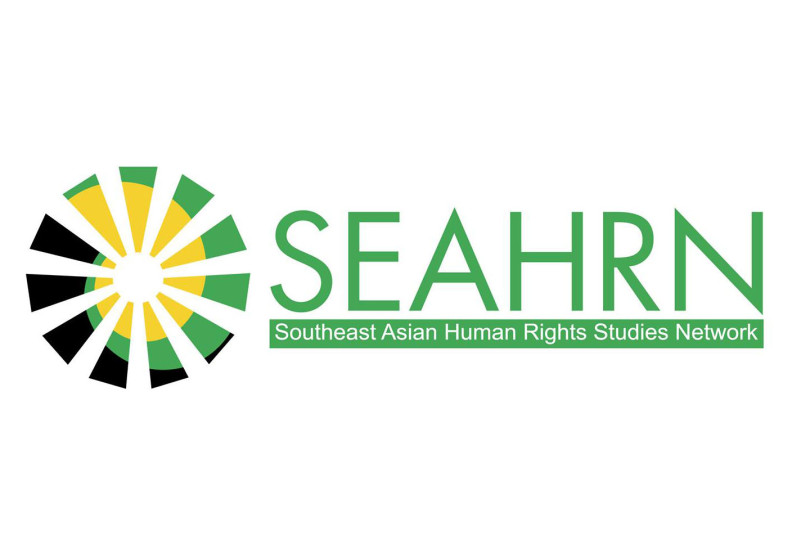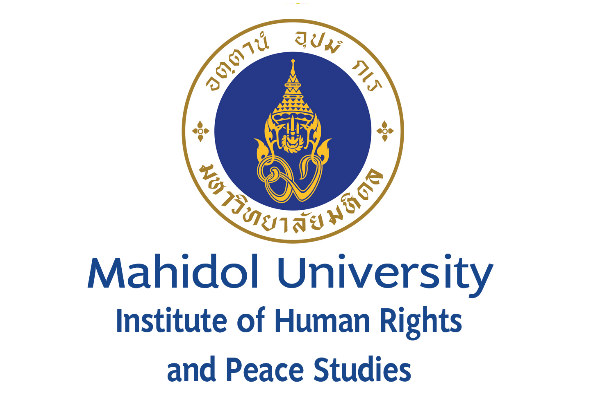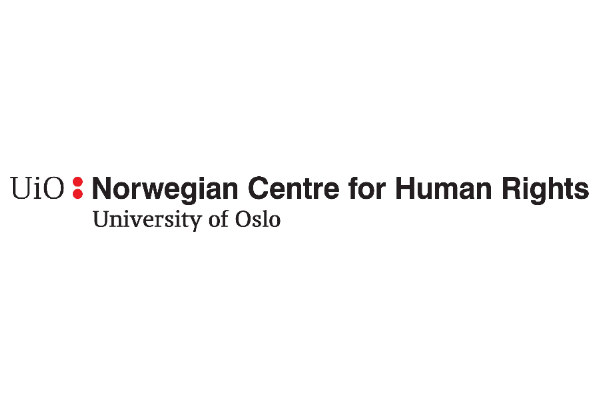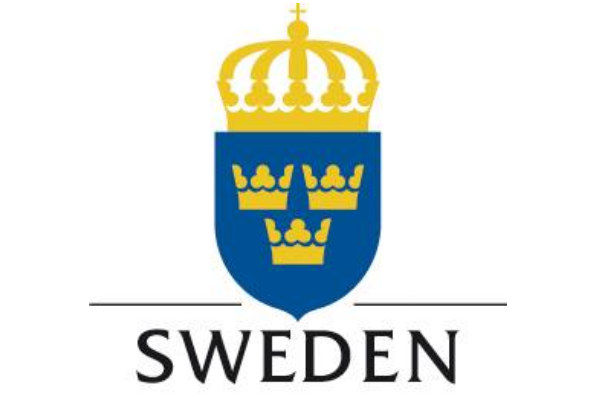Mahesti Hasanah
Researcher at Research Center for Politics and Government (PolGov)
Department Politics and Government, Universitas Gadjah Mada
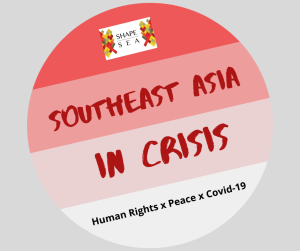 “From our modeling, coronavirus will die in Indonesian hot weather”, says the Coordinating Minister of Maritime and Investment Affairs, one of Jokowi’s ministers, in a press conference at the Parliamentarian office on 2 April 2020. The government has imposed a large-scale physical distancing that includes the closure of schools and offices and a ban on religious gatherings. Some economic activities are permitted to continue.
“From our modeling, coronavirus will die in Indonesian hot weather”, says the Coordinating Minister of Maritime and Investment Affairs, one of Jokowi’s ministers, in a press conference at the Parliamentarian office on 2 April 2020. The government has imposed a large-scale physical distancing that includes the closure of schools and offices and a ban on religious gatherings. Some economic activities are permitted to continue.
This strategy, however, is not enough to stop the coronavirus. As of 3 April 2020, Indonesia has 1,986 coronavirus cases, almost double the number a week ago. Specifically, there have been 181 deaths and only 134 recoveries. This number increases people’s anguish and spreads panic at all levels, from national to village areas. Furthermore, the situation also seen as a failure of the Indonesian government on how to give a proper education about the pandemic. Unclear information and the absence of public education on the issue are the main reasons for people’s behavior.
Unscientific discourses were raised by the Indonesian government in violation of its people’s fundamental right information. While the other parts braced themselves for impact as early as the first weeks of February, the Indonesian Vice President, on 29 February 2020, stated that Indonesia remains safe from the virus due to the practice of ‘doa qunut’ – one of the prayers in Muslim’s beliefs, from Islamic leaders. Prior that day, the Health Minister also gave an unexpected argument by saying that “prayer is one of the main keys to tackle corona in Indonesia”. And two months later, the same unscientific arguments were produced by another ministry.
In this context, proper information does not merely refer to mortality rates, recovery rates, or the horrifying statements of politicians. It covers broader dimensions based on medical science scholars, researchers, experts, etc. that could educate people at the same time. As recognized under Article 19 of the International Covenant on Civil and Political Rights (ICCPR) and in Indonesian constitution Article 28F, amendments of 2000, everyone shall have the right to seek, receive, and impart information of all kinds, yet there are certain restrictions in the name of public security. ‘The public security’ that the Indonesian government understands the opposite of the covenant’s spirit and creates public misunderstanding instead.
The violation also impacts people’s understanding of how they should react and respond to the pandemic. WHO suggests being “well informed” about the COVID-19 virus, the disease it causes and how it spreads as the best way to prevent and slow down transmission. Taiwan and Hongkong are two examples of how their government gave appropriate information about the issue. And one thing that needs to be a highlighted is these countries always provide transparency and accountable information for their public. Taiwan government raises daily press briefings and regular public service broadcasts from simple recommendations, such as handwashing procedures, wearing face masks, and the dangers of hoarding were effective. It shows that simple, yet scientific-based information could be educated and raised people’s awareness. Hence, there is trust between their cities and their governments.
Empowering public information regarding the coronavirus based on a scientific approach is needed. The right to information is one of the effective ways to save people because it educated them through credible resources. Furthermore, it could maintain Indonesian democracy by promoting Indonesian government accountability. Because avoiding the virus under the unscientific approach maybe will save its political chaos, yet it will cost the lives of Indonesian citizens.
References
Egeham, Lizsa. (2020, February 29). Ma’aruf Amin: berkat doa kiai dan Qunut, corona menyingkir dari Indonesia. Liputan 6.
Hakim, Rakhmat Nur. (2020, April 02). Luhut: dari hasil modelling, virus corona tak kuat hidup di cuaca Indonesia. Kompas.
Indonesian information. Article 19 Organizations.
Malik, Asmiati. (2020, March 20). Indonesia’s stalled coronavirus response. The Diplomat.
Nurita, Dewi. (2020, Februari 28). Terawan sebut doa jadi salah satu alasan Indonesia bebas COVID-19. Tempo.
Rasmussen, Anders. (2020, March 18). Taiwan has been shut out of global health discussion. Its participation could have saved lives. Time.
Report Coronavirus cases per country as of April 03, 2020.
UN General Assembly, International Covenant on Civil and Political Rights, 16 December 1966, United Nations, Treaty Series, vol. 999, p. 171
World Health Organizations (WHO). Coronavirus. WHO.


